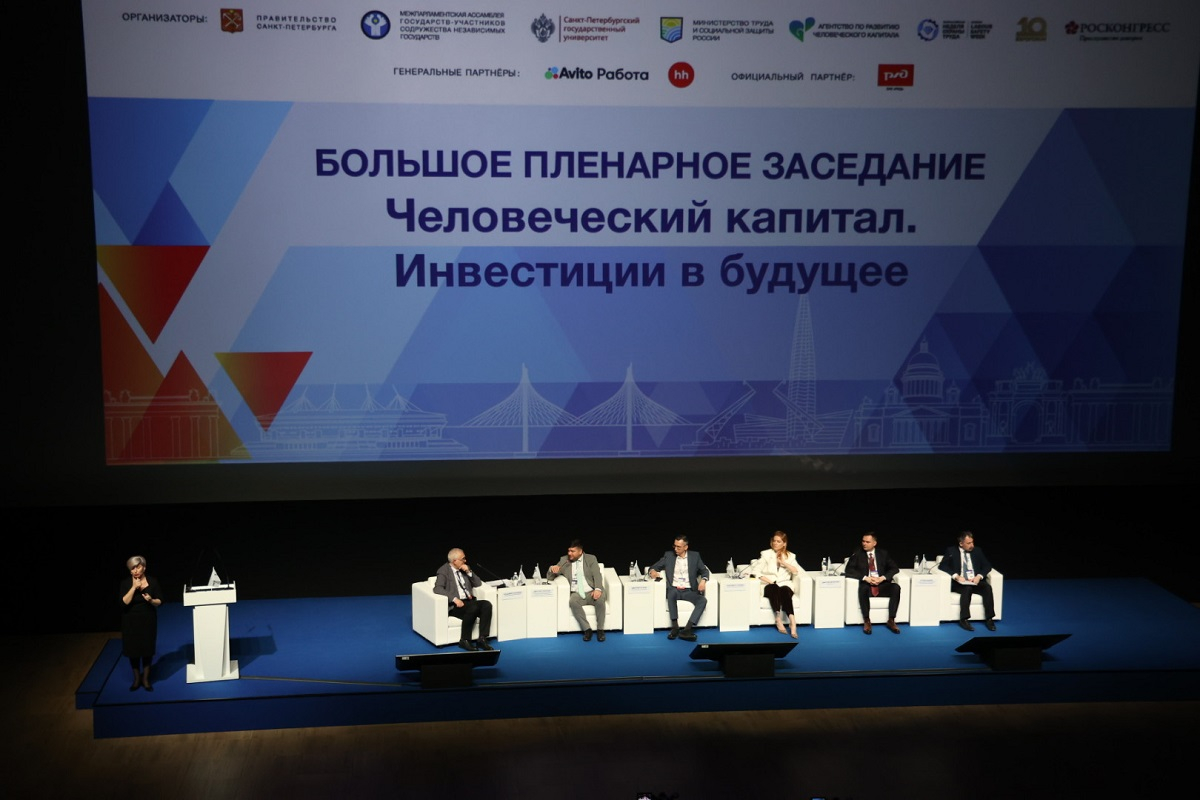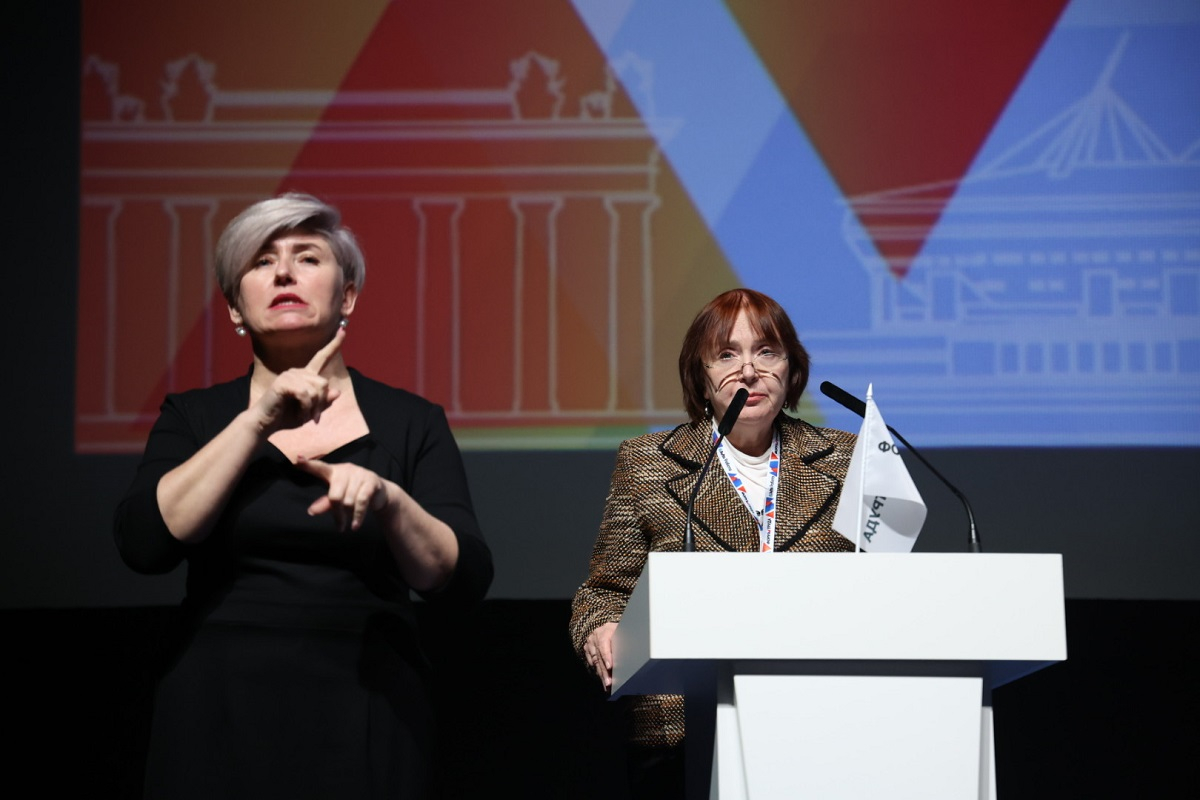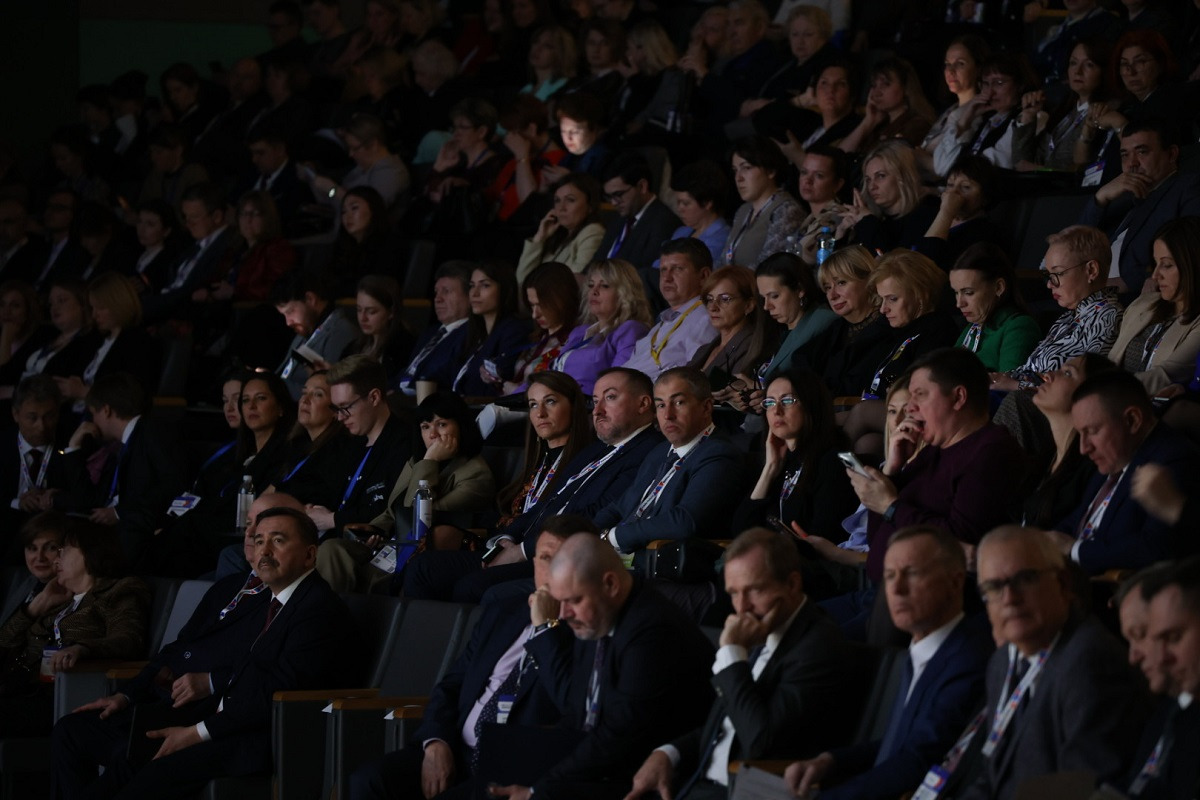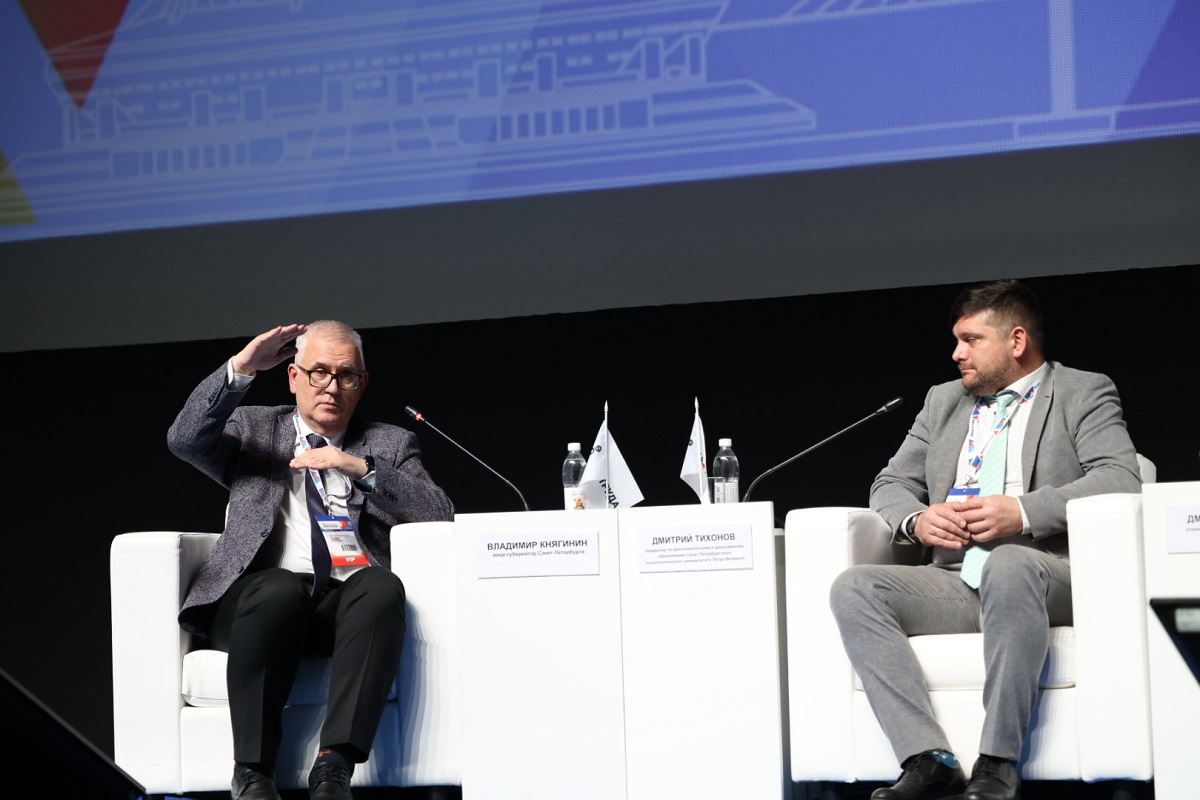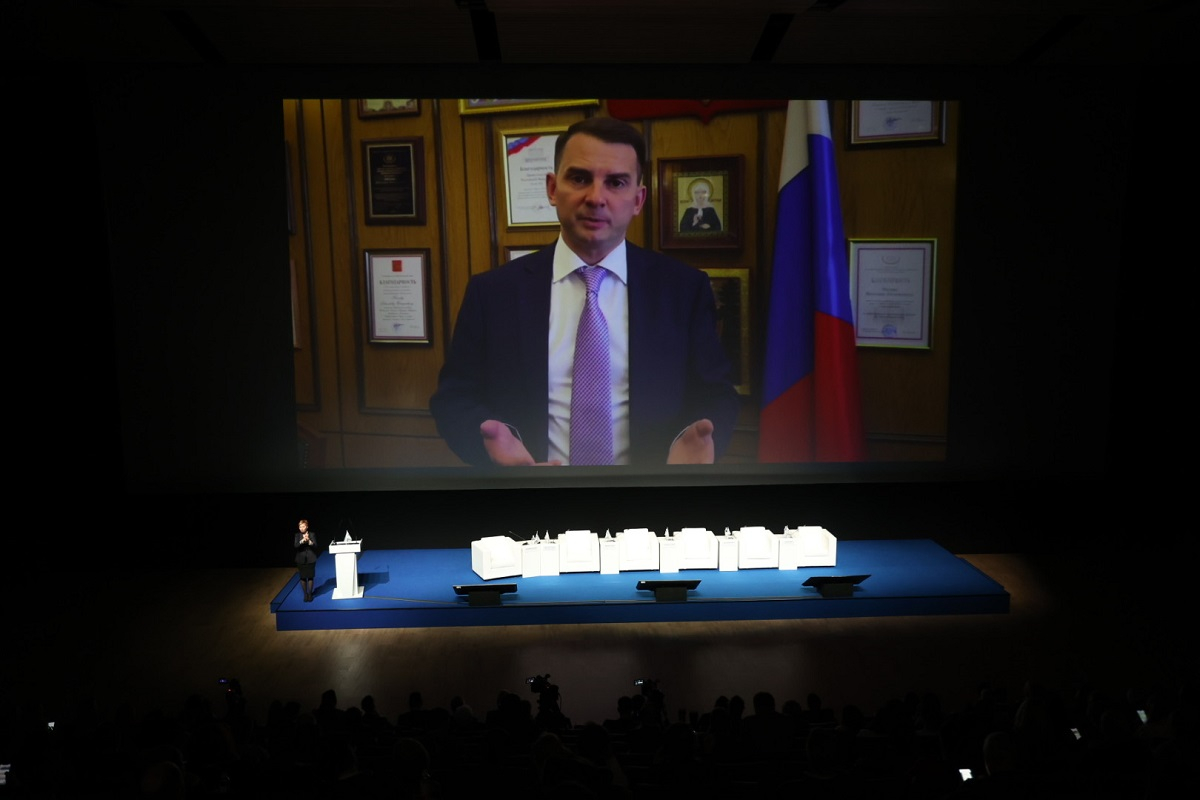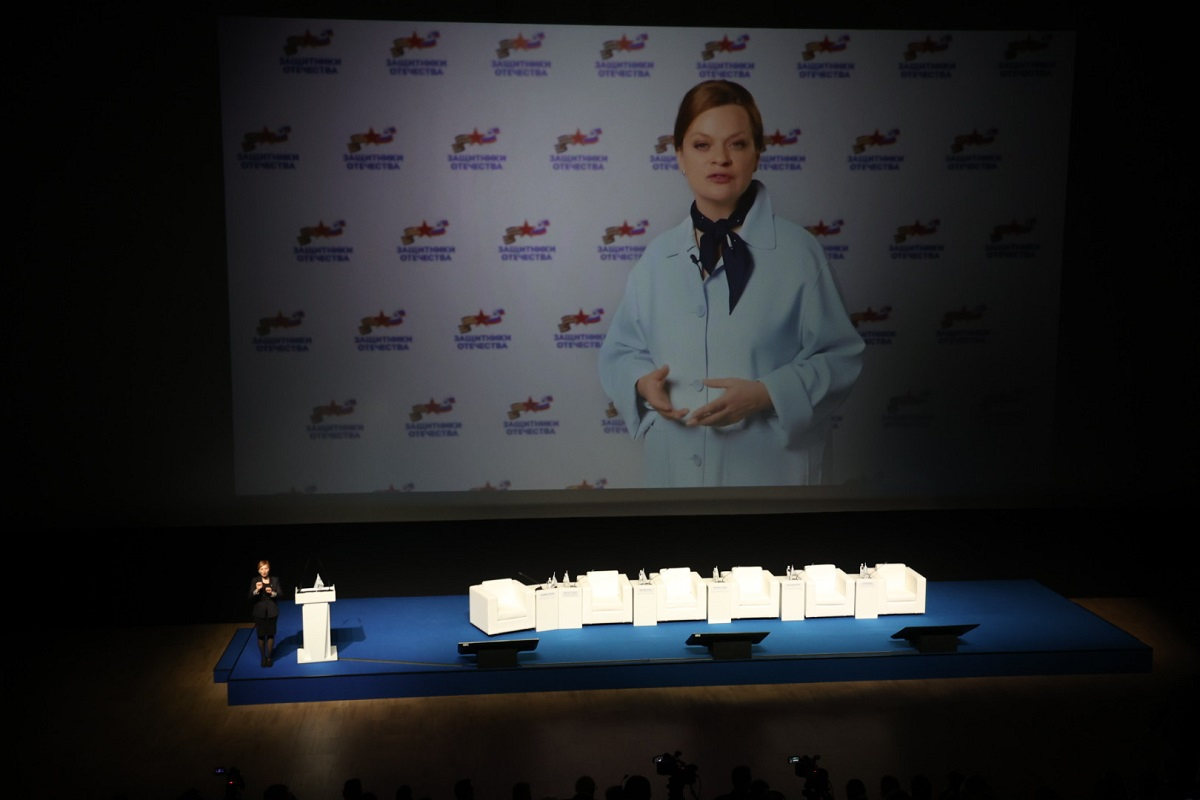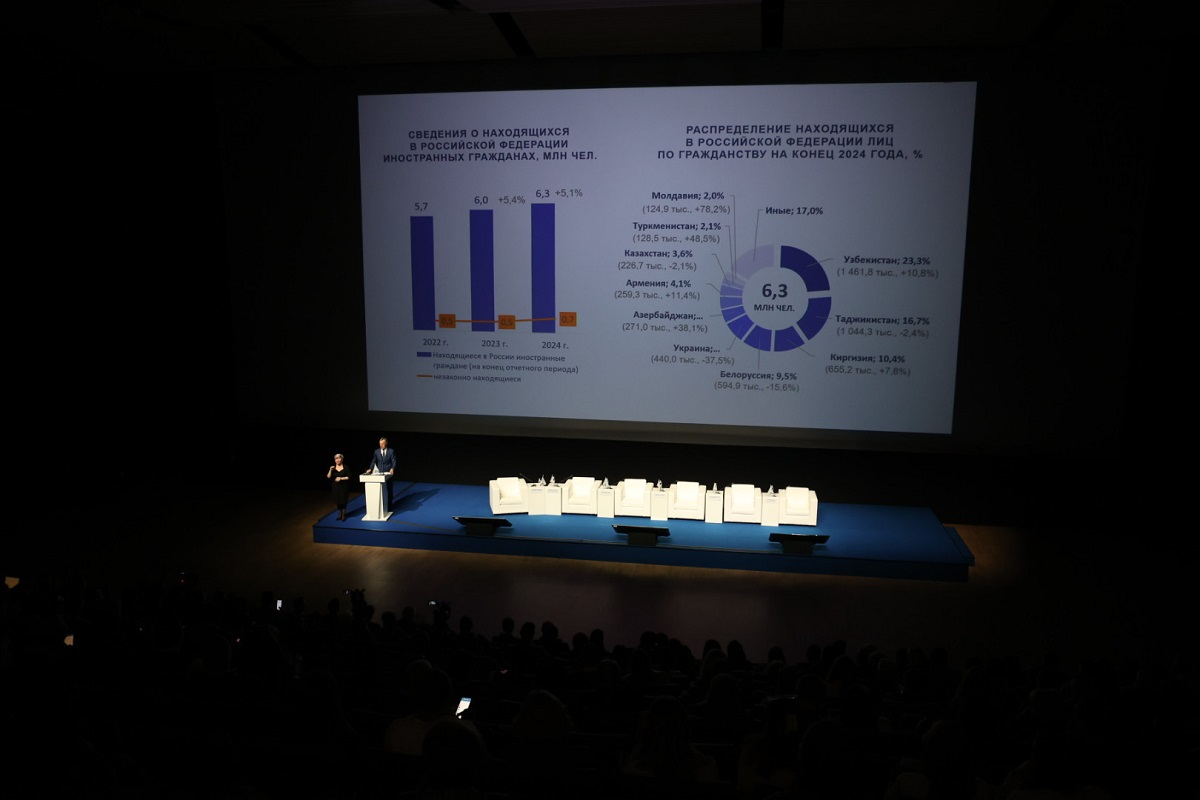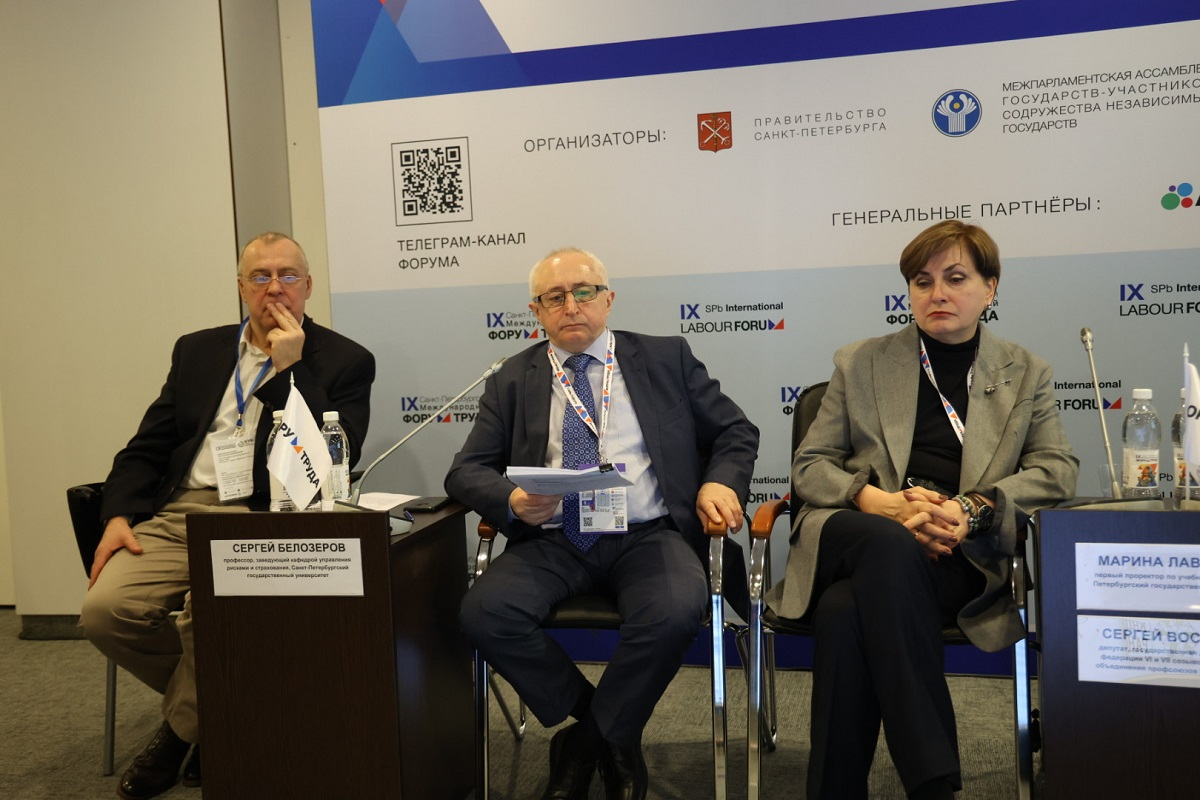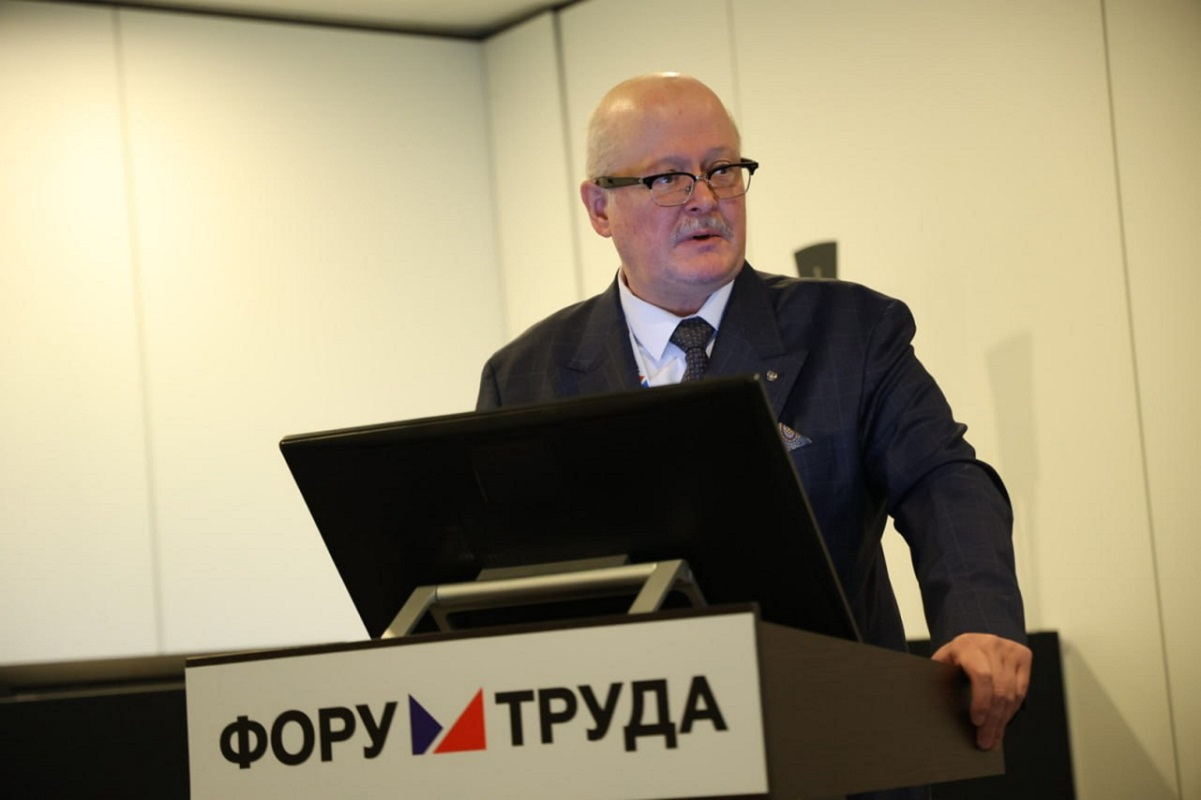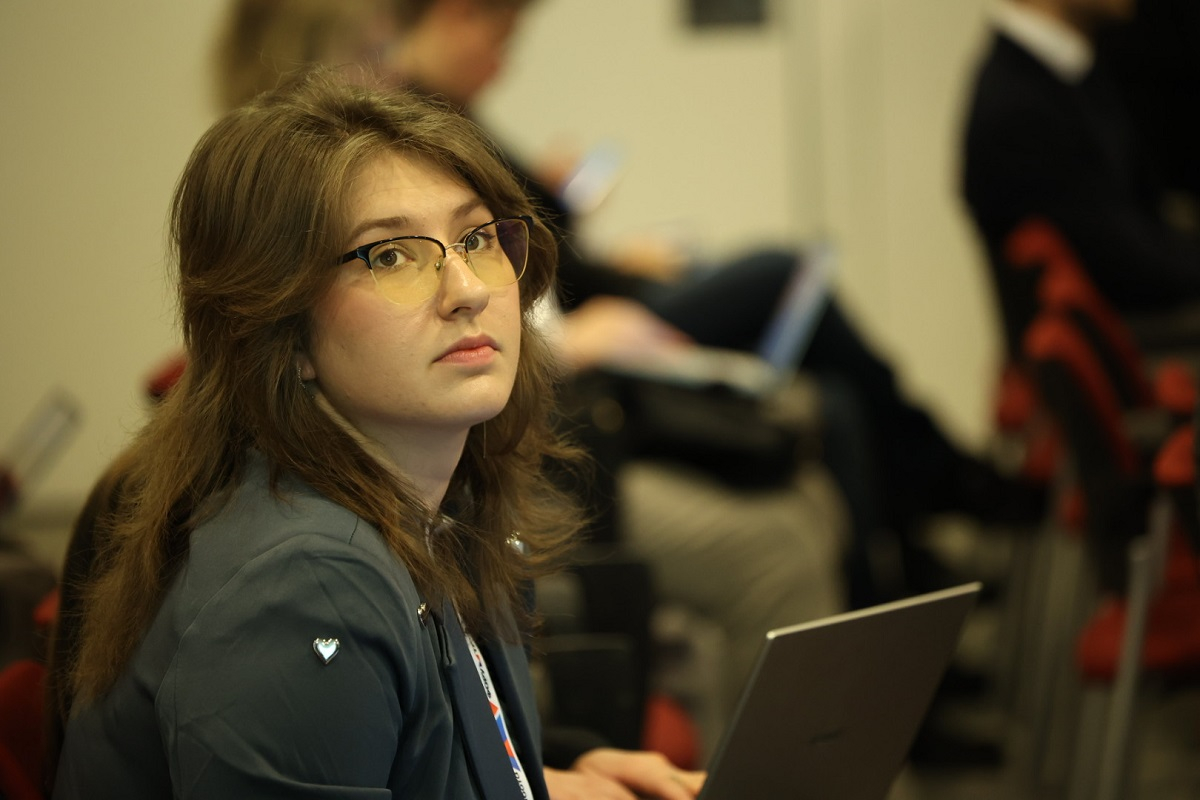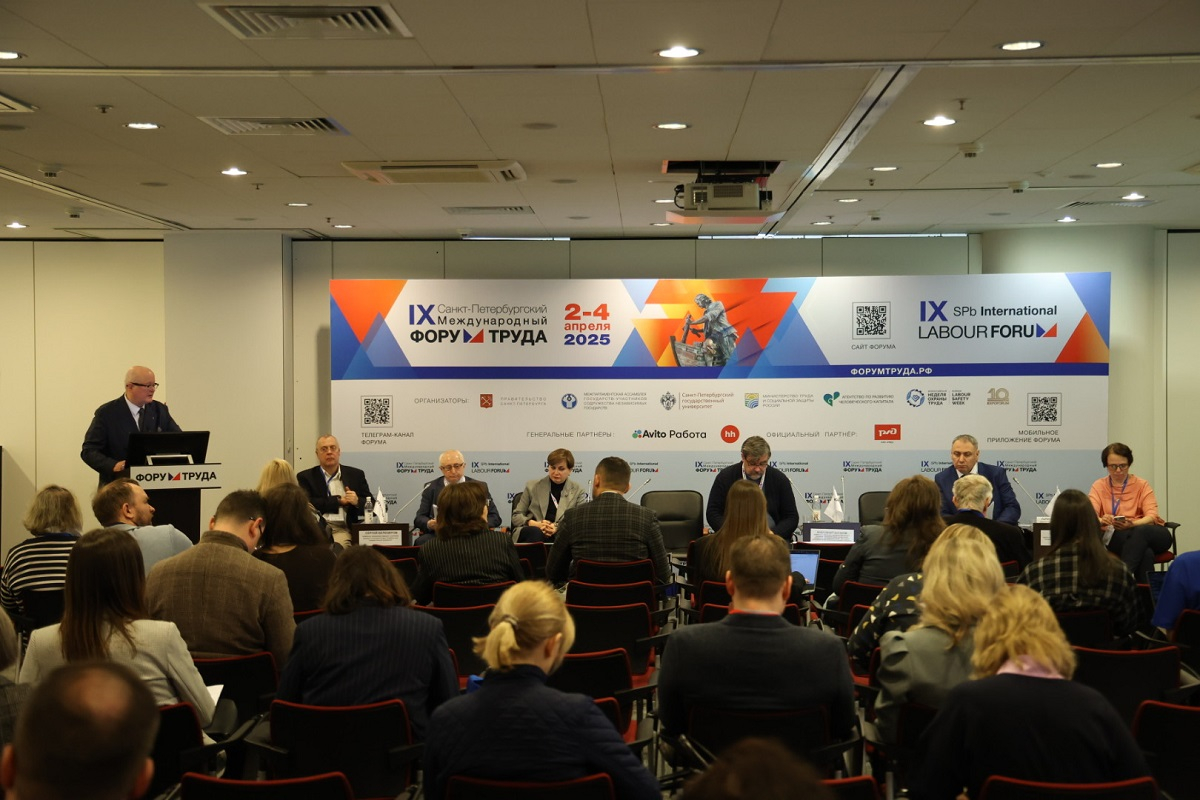Labour Forum: "The focus is always on a person-creator and their work"
Due to the labour shortage in all sectors of the economy, from IT to the transport sector, the education system must be reevaluated and changed to meet employer’s requirements. Such situation increases the value of employees who are well aware of this situation and, as a result, are more often ready to defend their labour rights. This issue, along with other issues, has been discussed by experts from St Petersburg University at the 9th St Petersburg International Labour Forum.
Human capital and labour as the foundation of the country’s future
St Petersburg University is a co-organiser and strategic scientific partner of the St Petersburg International Labour Forum. For nine years, the University has been bringing up the most pressing issues in the sphere of labour and employment to be discussed by experts. This year, under the auspices of St Petersburg University experts, the Forum had 50 sessions and round tables and a series of satellite events of the K.U.B. exhibition. Moreover, the forum library was opened. On day zero, the Youth International Labour Forum was held at the University, which brought together more than 1,500 participants.
The 9th Labour Forum focused on a wide range of topics, yet experts primarily discussed the issues of how society, business and the state should respond to the challenges of the future, said Elena Chernova, Academic Secretary of St Petersburg University and Deputy Chairperson of the Academic Council of St Petersburg University, during the large-scale plenary session.
"Today, human capital, the work of citizens and its results are the foundation of a reliable future for our country in the coming decades. Despite the rapid development of technologies, manufacturing automation, the transition to AI solutions, the focus of attention always remains on a person-creator and their work. There is strong emphasis on these ideas in more ways than one," said Elena Chernova.
Modernisation of higher education to prepare personnel
With the support of the State Labour Inspectorate in St Petersburg, St Petersburg Univrsity held an international scientific and practical conference titled ‘Human capital: education, labour, and employment in modern society’. The plenary session was opened by Marina Lavrikova, Senior Vice-Rector for Academic Activities at St Petersburg University, who has been an expert at the Analytical Centre under the Government of the Russian Federation for many years.
"Today, the education sector is being reformed in the context of having to meet the need to supply the labour market with human resources, which is experiencing an acute labour shortage in all areas. This is observed not only in the areas that have always been in demand, such as IT or the financial sector, but also in manufacturing, healthcare, and public sector to name just a few. Young forces are needed everywhere to eliminate the labour shortage to bring benefit to our country," said Marina Lavrikova.
In this regard, over the past few years, universities have been required to motivate graduates to find jobs in specialties that are needed by the Russian economy. Yet, young people more often than not make a completely different choice. Many students, after completing their studies, opt for platform employment or become self-employed, as they expect to earn more without having to burden themselves with strict labour regulations. Universities are faced with a dilemma: how to reform education in order to motivate young people to proceed to traditional jobs and preserve the best practices in this area.
The topic of adapting higher education to the new needs of the labour market was also raised by Larisa Konstantinova, Director of the Research Institute for Education Development at the Plekhanov Russian University of Economics. Young people traditionally belong to one of the most discriminated groups in the labour market due to the lack of professional experience, which is usually the main requirement for employment, she said. Higher education, which almost 30% of the new generation has, helps to enter the professional sphere and determines their competitiveness. This is why the problem of how higher education meets the needs of the labour market remains so relevant throughout the post-Soviet period.
The universities are accused of being too conservative and failing to keep up with changes in the labour market and are more focused on theoretical training. Employers cannot always clearly formulate their requirements for higher education institutions in terms of the number of personnel needed and their competencies and therefore distance themselves from the education sector.
Larisa Konstantinova, Director of the Research Institute for Education Development at the Plekhanov Russian University of Economics
The current stage of institutional transformation of higher education is about a fundamental change in defining its goals, the expert said. If during the Bologna reforms in Russia it mainly concerned unifying the system in accordance with foreign models to increase the mobility of graduates in the international labour market, today the task is to form a national system of higher education that meets the needs of the Russia’s labour market, its economy and socio-cultural sphere.
Kirill Chistyakov, President of the Russian Geographical Society and Director of the Institute of Earth Sciences at St Petersburg University, spoke about new challenges facing higher education in the field of Earth sciences. In recent years, industry and scientific experts have revealed an alarming level of shortage of professional skills among specialists in the workplace, he said. Despite extensive job postings, a significant proportion of positions remain unfilled (or poorly suited candidates are hired).
Another problem is "rooting" in the profession, rather than the preparation of graduates for the extractive industries. According to statistics, about 40% of specialists leave the industry after an average of 4.35 years of work. The reason is low salaries (expectations grow faster than salaries, and this is one of the factors of burnout), lack of career tracks, and being ignored by management.
"Higher education in the Earth sciences has been undergoing significant transformations caused by technological progress and changing societal expectations," said Kirill Chistyakov. "One of the challenges is the integration of artificial intelligence and machine learning into higher education beyond administrative tasks. For the Earth sciences, this may be relevant when working with big data in climatology, oceanography, hydrology, geology and geophysics, oil and gas, socio economic geography, geoinformatics, and cartography."
Overtime in the era of labour shortage
The scientific section "Education, management and employment as a social space of human capital: preserving the values of safe work", held at St Petersburg University, discussed the problems of the Russia’s labour market and employment related to both the development and management of human capital and labour safety as a condition for its implementation.
According to the moderator of the section, Elena Tarando, Professor in the Department of Economic Sociology at St Petersburg University, working overtime is often forced. "Employers create conditions so that the employee is forced to work overtime, and they use a whole range of social and economic resources for this, such as unreasonably high labour standards, corporate culture values, and small additional payments for overtime hours. This situation is currently mitigated by the labour shortage. Today, it is increasingly arduous for employers to find employees, while employees, understanding their value, are able to defend their labour rights," said Elena Tarando.


